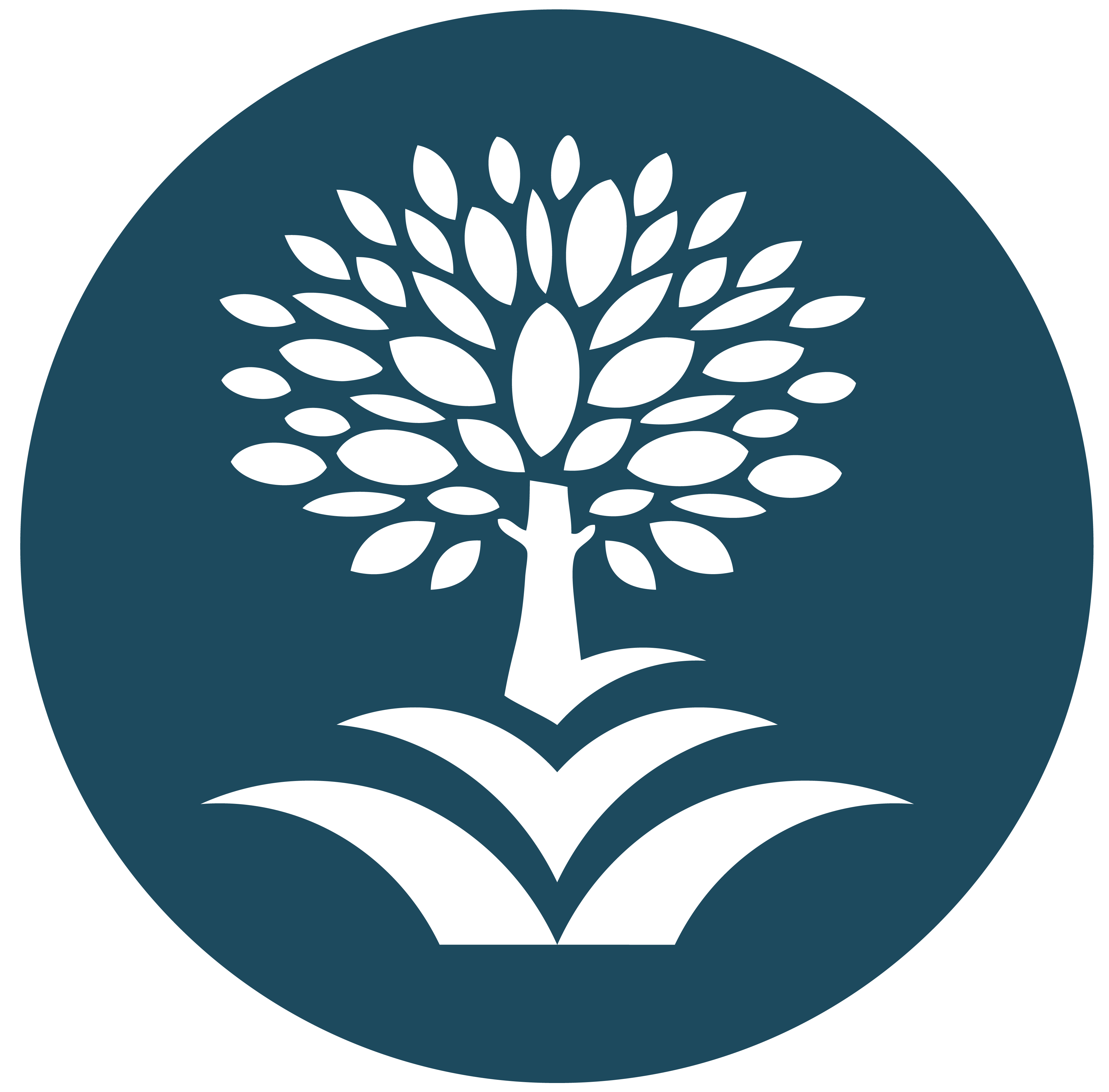Florida receives federal funding to help combat the opioid epidemic and provide more treatment for pregnant women addicted to opioids. Find out more here.
Recently, Florida’s First Lady Casey DeSantis announced new grant funding and increased efforts to combat the opioid epidemic in Florida. As part of the announcement, she introduced the creation of a Neonatal Abstinence Syndrome Statewide Prevention Coordinator position to improve the available services and resources for pregnant women in the state dealing with opioid abuse and addiction.
Overdose Data to Action Grant from CDC
First Lady DeSantis announced Florida will receive $58.8 million in federal grant funding from a three-year Overdose Data to Action Grant from the Centers for Disease Control and Prevention (CDC). The funding will help with prevention and treatment efforts, which will be led by the Florida Department of Health, in partnership with the Florida Department of Children and Families as well as local organizations. The grant was awarded to county health departments in Broward, Duval and Palm Beach Counties.
First Lady DeSantis made the announcement after touring two healthcare facilities—Memorial Regional Hospital and Joe DiMaggio Children’s Hospital Neonatal Intensive Care Unit. She also had a listening session with healthcare leaders. She told the media the state had made significant progress in addressing the opioid epidemic because the Governor has made it a priority. She also applauded the work of health and substance abuse professionals in the state.
Creation of a Neonatal Abstinence Syndrome Statewide Prevention Coordinator Prevention
The announcement from Florida’s First Lady included details of a new position—Neonatal Abstinence Coordinator. The position will be part of the Florida Department of Health, and the person who takes over the role will provide support to local health departments and will work on meeting goals of the Florida Opioid Use Disorder, Maternal Outcomes, Neonatal Abstinence Syndrome Initiative. The position will create a partnership between health professionals and social service providers to help care for women who are pregnant and postpartum and are dealing with opioid use disorder, as well as infants with prenatal opioid exposure. The goal will be making sure that expectant mothers who use opioids have access to the appropriate treatment and prenatal care.
Treatment Can Be Life Changing. Reach out today.

Combating the Opioid Crisis, One Step at a Time
The recent funding announcement is just one of many steps being taken in Florida to address the opioid crisis. Other opioid crisis solutions have included the passing of two pieces of key legislation. One is the Prescription Drug Monitoring Program, and the other is the Pill Mill Law on Opioid Prescribing and Utilization. Then-Governor Rick Scott also announced the opioid epidemic was a public health emergency in 2017.
The Florida Department of Health has created what they describe as an enhanced surveillance system and infrastructure to target the opioid epidemic challenges the state faces. For example, under new legislation and initiatives, it’s possible to gather emergency medical services data for insight on opioid-involved overdoses and deaths, and then communicate the results to stakeholders at the statewide level and locally. Currently, the state provides supplemental funding to areas that may need it in the state to deal with opioid overdoses and related effects of the opioid epidemic.
Signs of Neonatal Abstinence Syndrome
According to the Florida Department of Health, neonatal abstinence syndrome is a condition when babies are exposed to opioids in the womb. After the baby is born, they may experience opioid withdrawal symptoms. Currently, the DOH does monitor cases of NAS in the state, but there are limitations. For example, there is variation in the diagnosis and reporting of these symptoms across medical institutions and providers. The hope is that with the addition of the new Neonatal Abstinence Syndrome Statewide Prevention Coordinator position, more standardized reporting will be possible.
Neonatal abstinence syndrome symptoms include:
Opioid Addiction Treatment for Pregnant Women
What many pregnant women don’t know is that help is available for them if they struggle with opioid use disorder. For example, there is medically-assisted treatment for pregnant women addicted to opioids that includes methadone or buprenorphine. Both medications have been shown as safe and effective in treating opioid use disorder during pregnancy, according to the National Institute on Drug Abuse. Women treated with methadone or buprenorphine tend to have infants with a lower risk of NAS or less severe NAS than untreated pregnant women.
If you are pregnant and are struggling with substance abuse, stigma-free and evidence-based treatment and help are available. Reach out to The Recovery Village Palm Beach at Baptist Health today for more information.




